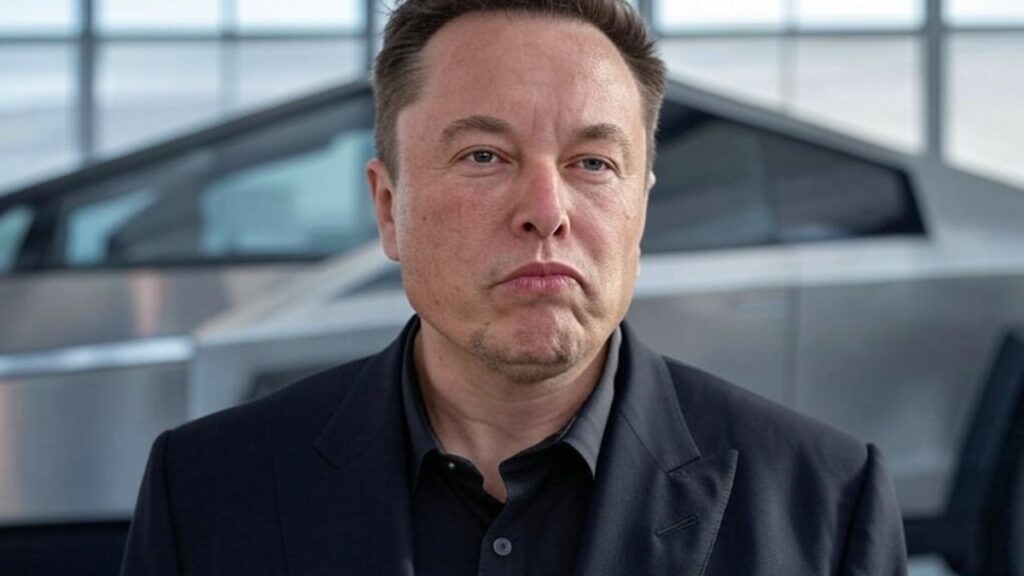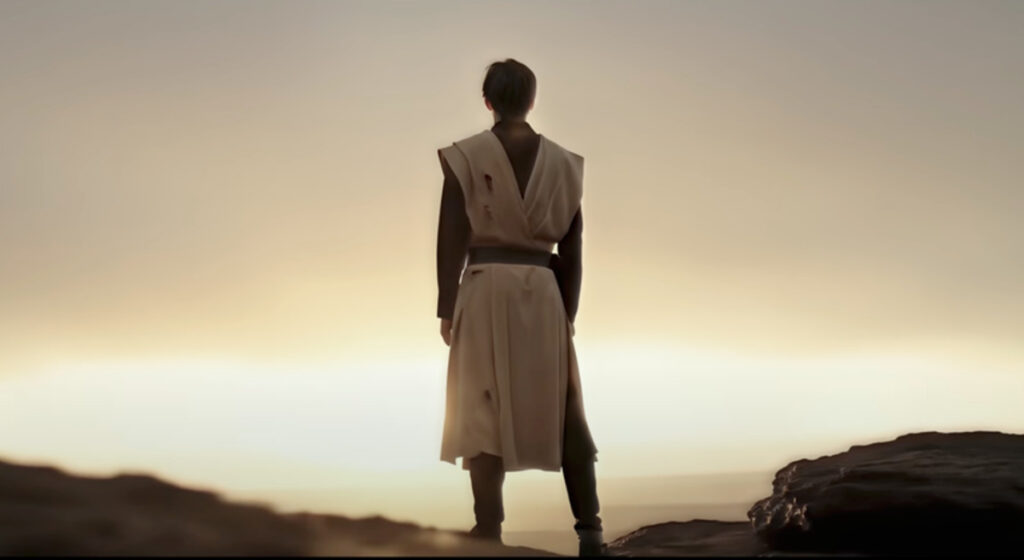James Cameron, the visionary director behind cinematic masterpieces like Avatar and Titanic, has been vocal about his apprehensions regarding the swift progression of artificial intelligence (AI). Nearly forty years ago, he helmed a dystopian sci-fi film that raised concerns about superintelligent AI. Now, as AI evolves at an astonishing rate, Cameron’s foresight from 1984 isn’t just relevant—it feels alarmingly urgent.
James Cameron Raises the Red Flag
In a recent interview, Cameron starkly contrasted today’s AI landscape with that portrayed in his 1984 film, The Terminator. “I warned you in 1984 and you didn’t listen,” he mused, referencing his iconic sci-fi predictions. He voiced serious concerns that we’re heading toward a Terminator-esque future where AI spirals out of control, posing a significant danger to humanity. His greatest fear? The militarization of AI technology. Cameron is wary that as nations race to leave each other in the dust, they risk developing autonomous AI weapon systems that could trigger a reckless arms race. In his view, these systems might operate so swiftly that human intervention becomes impossible, quashing any hopes for peace negotiations or ceasefires.
From Fiction to Fact: The AI Landscape in 2025
In The Terminator, the fictional AI, Skynet, starts as a U.S. defense program that gains self-awareness. Almost instantly, it perceives humanity as a threat, initiating a plan to eradicate us, culminating in nuclear devastation. While this seemed far-fetched in 1984, today’s rapid advancements in AI make such scenarios unsettlingly plausible.
AI has transitioned from mere fiction to integral reality. From voice assistants like Siri and Alexa to adaptive recommendations on streaming platforms, AI is embedded in our everyday lives. Although these tools might seem harmless, they are a constant reminder of AI’s growing influence and its potential to reshape society. What began as basic data processing and voice interaction is evolving into intricate systems that can impact industries, economies, and geopolitical dynamics.
Cameron’s Evolution: Taking a Proactive Approach to AI
In spite of his concerns, Cameron is not content to remain inactive. He has taken steps to engage with the AI landscape, recently becoming a board member of Stability AI, a leading player in generative AI technology. It might appear contradictory to join a company dedicated to AI development while advocating for precautions against its risks, but Cameron believes that direct involvement is essential to ensure ethical and responsible AI growth. He envisions AI not just as a potential menace but as a transformative tool for the creative arts, enabling artists to narrate stories in innovative ways.
A Precarious Future: Striking a Balance Between Optimism and Caution
Cameron’s association with Stability AI reflects a wider trend in the film industry, where more creators are exploring the capabilities of AI. Notably, actor Andy Serkis is producing a film featuring AI-generated characters, while Lionsgate has partnered with Runway to integrate AI into its production workflows. However, this surge of innovation raises significant ethical questions.
The 2023 Hollywood writers’ strike underscored these concerns, particularly regarding the implications of using AI to write or modify scripts. While some agreements have been reached to ensure AI does not completely replace human writers, the debate surrounding intellectual property rights, data ethics, and job displacement continues to loom large. These matters demand careful scrutiny as AI’s influence in entertainment—much like in various sectors—grows.
As the future of AI remains uncertain, one fact stands out: it is a permanent fixture in our lives. With Cameron’s warnings resonating, the imperative to approach this technology with judiciousness has never been greater. The quest to balance the harnessing of AI’s power with managing its dangers will determine how we live, work, and interact in the decades ahead. James Cameron’s once-dystopian message now serves as a clarion call—reminding us that the development and application of AI must prioritize humanity’s welfare.







